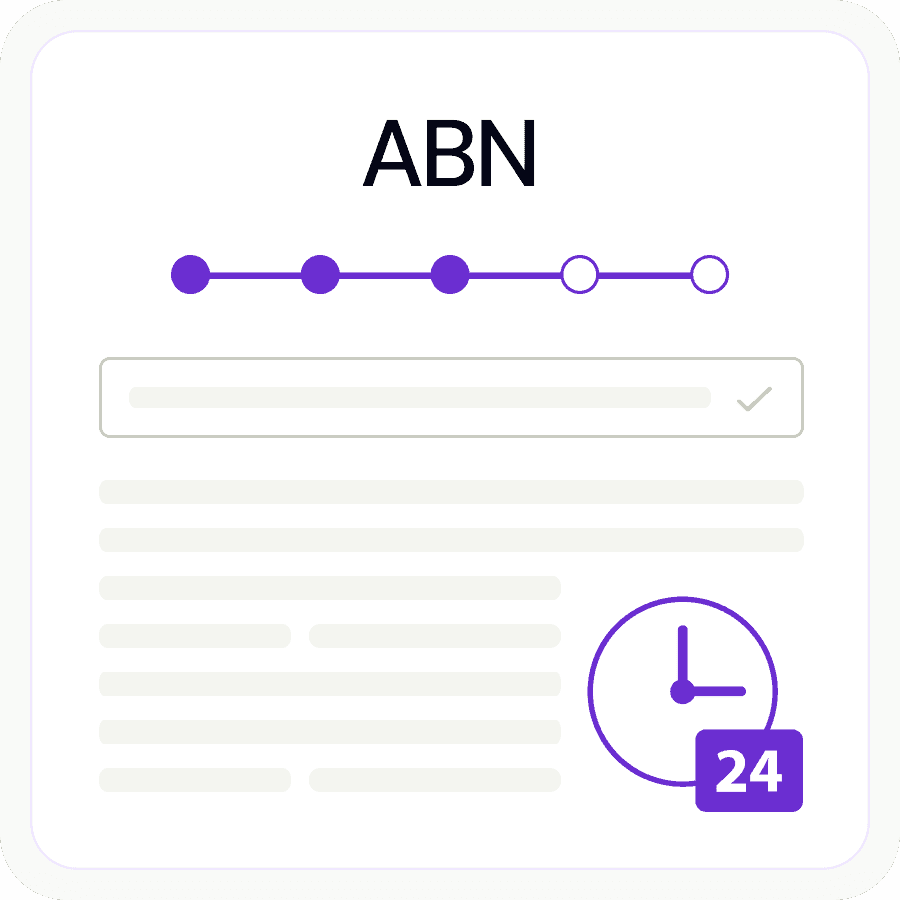Want to open a coffee shop but don’t know how to go about it? Converting an idea into a business can be a daunting task in the beginning. Especially when you have different structures to choose from. You could trade in your own name, register a business name, form a partnership or register as a company.
When starting a new venture, company registration can seem like a daunting and drawn-out process. But in reality, setting up a company can be a simple and stress-free experience that offers greater legal protection. With LawPath you can register your company in 3 simple steps in just 5 minutes!
What is a private company?
A private company or a proprietary company, simply put, is a separate structure from you, as an individual. As the name suggests, a private company is an entity with private ownership i.e. shares are held by friends, family and colleagues. A private company is the most popular company structure in Australia. According to ASIC, as of November 2015, there were over 2.2 million proprietary companies, representing 99% of all registered companies.
For example: Adam and Brian want to open a coffee shop. They pool in money to run the coffee shop. One way in which they can run this coffee shop is by setting up a private company. For eg. AB Coffee Co. Pty Ltd.
Is a private company regulated?
All private companies are regulated by ASIC. To qualify as a private company, you will need to satisfy the following basic requirements:
- You must have share capital;
- You must have at least one member/shareholder;
- You are limited to a maximum of 50 non-employee shareholders; and
- The company must have at least one director.
As a private company, you cannot offer shares or raise capital from the public.
For example: Adam and Brian would satisfy these requirements by becoming shareholders, appointing a director and purchasing shares in AB Coffee Co. Pvt Ltd.
How is a private company different from a public company?
Unlike a private company, a public company can offer shares to the public at large. A public company can also be listed or unlisted. Public companies can raise capital by offering a prospectus inviting people to invest. A private company on the other hand cannot call for funds from the public.
For example: AB Coffee Co. Pvt Ltd. cannot raise funds from the public. If the business needs more capital, Adam and Brian can only approach other employees or invest in their own money. AB Coffee Co. Pvt Ltd can also seek investment from certain class of investors like venture capital funds or angel investors but there are restrictions on advertising these offers.
Are there different types of private companies?
A private company can be a:
- Small proprietary company: with consolidated gross operating revenue of less than $25m, consolidated gross asset value of less than $12.5m, and fewer than 50 employees; or a
- Large proprietary company: with revenue, assets and employees greater than a small proprietary company.
Benefits of a small proprietary company
- No requirement to audit or file financial statements;
- No requirement to hold an annual general meeting;
- No requirement to file a copy of the constitution;
- There is no requirement to have a company secretary; and
- Directors can vote on matters where there is personal interest being considered unlike a public company where directors cannot be present when a personal matter is being heard unless approved.
Are you ready to register?
Company registration is simple and stress-free. Apart from the benefits of limited liability and a lower tax rate that a company structure has to offer, the legal requirements of a private company are streamlined with many advantages that sets it apart from a public company.







